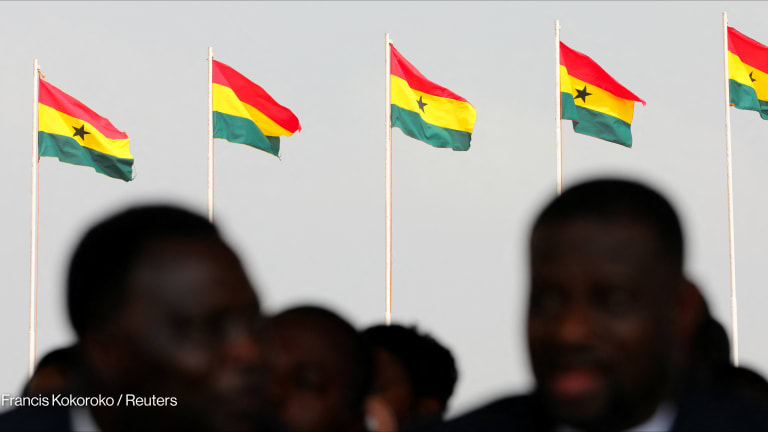Almost five months after assuming office on Nov. 1, 2014, European Commissioner for International Cooperation and Development Neven Mimica has certainly made a name for himself among global development circles in Brussels.
Taking over the development portfolio from his predecessor Andris Piebalgs, Mimica started his term shortly before the high-profile launch of the European Year for Development — the first-ever edition of the thematic year to highlight the EU’s external actions and role in the world — and both his tenure and policy priorities have been thrust firmly into the spotlight.
It’s clearly a big year for development cooperation, with the international community set to agree on the future global framework for poverty eradication and sustainable development — a follow-up to the Millennium Development Goals that the world agreed to reach back in 2000. The stage is therefore set in 2015 for Mimica to demonstrate thought leadership, showcase the EU’s commitment to eradicating poverty and inspire a new generation of Europeans to engage with development issues.
Search for articles
Most Read
- 1
- 2
- 3
- 4
- 5








